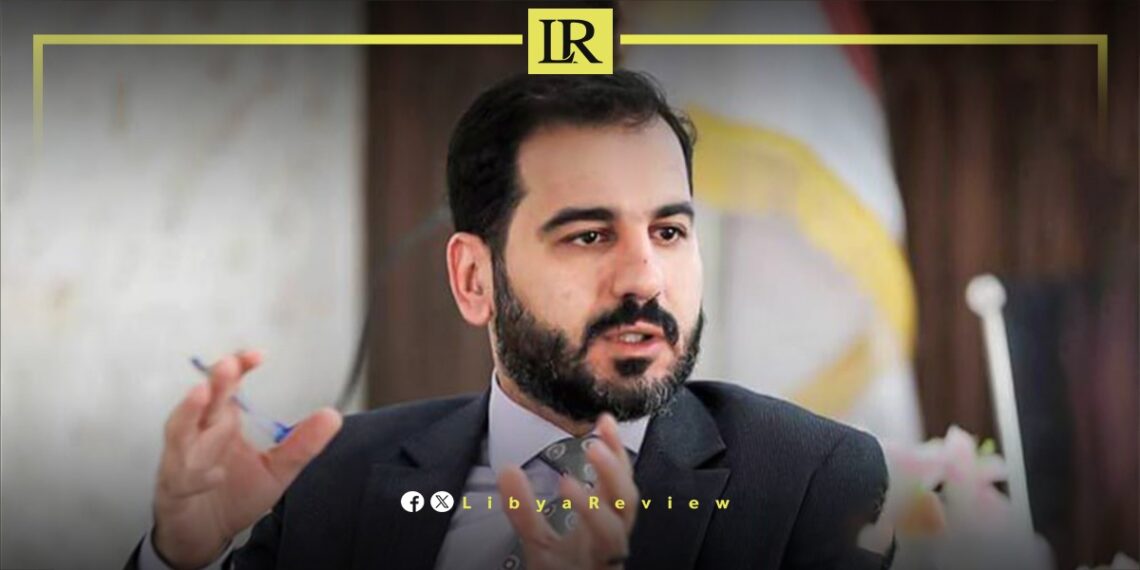The Director of the National Cancer Control Authority, Haider Al-Sayeh, announced the registration of 6,659 cases in the cancer patient system, issuing registration cards for them out of a total target of 20,000. Al-Sayeh also highlighted the imminent arrival of dedicated cancer medicines, with 90% expected to become available in the near future after years of shortages.
Radiotherapy treatment centers in Tripoli, Misrata, Sabratha, and Benghazi are operating at peak quality, urging patients abroad receiving radiotherapy treatment to return for domestic care. Additionally, Positron Emission Tomography (PET Scan) is now operational at the Tripoli Medical Center, with plans underway to install more devices in Benghazi.
In December, Dr. Abdul Hamid Ahmida, an oncologist at the University Hospital, expressed concerns about the rising incidence of breast cancer in Libya, with the hospital averaging six to seven cases daily. He highlighted challenges faced by the oncology department, such as intermittent shortages of chemotherapy drugs, including Herceptin, reflecting the disease’s high incidence rate.
Dr. Ahmida emphasized the severe psychological and social impact of breast cancer, recounting instances of divorce and financial struggles faced by families for treatment in private clinics due to the lack of available treatments in public hospitals.
Breast cancer treatment varies based on the cancer type and spread, often combining surgery, chemotherapy, radiation therapy, biological treatment, and hormonal radiation.
Thuria Al-Juwaili, Chairperson of the Sand Foundation for Breast Cancer, outlined the foundation’s objectives, including funding cancer treatments, organizing awareness campaigns, and establishing a medical city in Libya for cancer treatment to alleviate financial and psychological burdens.
Al-Juwaili urged collaboration from all sectors to construct this medical city and establish a specialized scientific research center for cancer to provide treatment, support, and reduce the suffering of patients and their families.
Eman Mahmoud, a surgery specialist at the Sand Foundation, emphasized the importance of early detection through free screening centers, which significantly increases recovery chances and can prevent the need for surgery and mastectomy. She also addressed deficiencies in hospitals, including a lack of resources and equipment for operating rooms, as well as shortages of chemotherapy treatments, putting many patients at risk


